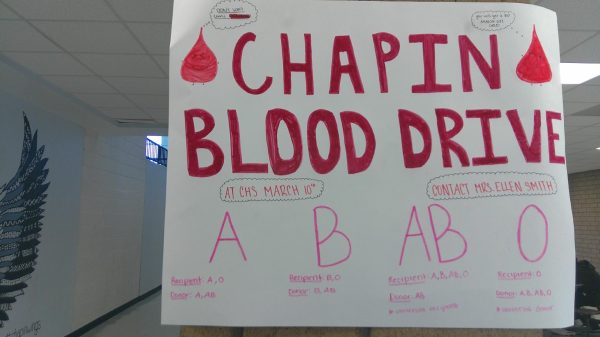The Future of Coding

It was not too long ago that coding was considered a hobby for geeks who lived in their mom’s basement. But over the years the language has grown from a strange obsession to a large part of today’s society.
Jobs all over the world require people to understand this strange language and apply it to their everyday lives. However, despite the increasing need for coders; the job outlook has actually decreased and is expected to keep going down. A crisis is on the horizon; but this generation’s children can stop it.
According to Fresno Pacific University, learning how to code has a large number of advantages. Ever wonder how we’d use math in real life? Well according to Fresno Pacific University, “learning to code helps students understand how to apply math to actual challenges, as well as giving them a better understanding of abstract concepts.” Adrien Degus (CEO of Nuvro) follows this up by saying, “learning to code has the inadvertent effect of teaching you how to think.”
Chapin High student Reece Murphy, sophomore, on how coding had changed the way he thought about this situation. “It has changed me as a person because now I view things as code,” Murphy said. He has taken coding classes in both middle and high school and also spends time coding at home as well. The fact that Murphy can take real things and view them as a line of code is fascinating and seems to confirm Degus’s statement.
As noted earlier, fewer people are taking coding jobs, but why should anyone care? Well, it turns out coding is more important than anyone thought and plays a key role in everyday jobs.
According to The Brooking Institution, “by 2016, the share of jobs requiring high digital skills had jumped to 23 percent. The share requiring medium digital skills rose to 48 percent. And in a huge shift, the share of jobs requiring low digital skills fell from 56 to 30 percent.”
Jobs such as cashiers, librarians, teachers, etc. seem as though they have little to do with coding, but people forget that the computers that the cashiers use to ring up customers had to be programmed to do that. The smart boards that teachers use in the classroom don’t just magically know what to project; they need some sort of instruction or code to tell them to do that. All the technology that we use in our daily lives needs some sort of code to tell it what to do and without them our entire world would fall apart.
The next question you’re most likely going to ask is: does it pay well? The answer is a resounding yes. Coding jobs pay extremely well and thanks to the lack of coders– that’s a one way ticket to loads of money. The Bureau of Labor Statistics (BLS) estimates that “The median pay for computer programmers is: $93,000 per year and $44.71 per hour.” Web developers make $73,300 per year and $37.65 per hour. These are both higher than the average pay of $56,310, with a median wage of $20.17 an hour. It’s hard to believe that such an overlooked job could make so much money.
Coding is a skill that is in increasing demand and has a ton of benefits. Mrs. Hut, a Career Center counselor at Chapin High School said, “I believe coding will be an essential skill in the workplace as the digital world continues to evolve. Students interested in the field should excel in the ability to analyze information and problem solving. A great resource for investigating opportunities in coding is O*Net.”
With the amount of money and the experience coding gives you makes it a seriously underrated skill. With the amount of coders decreasing every year, we can only hope that students begin studying this subject. The future of coding is in their hands.
My name is Dominic Cataline and I am a Junior at Chapin High School.
I enjoy reading and writing and this is my third year in journalism and my second...









